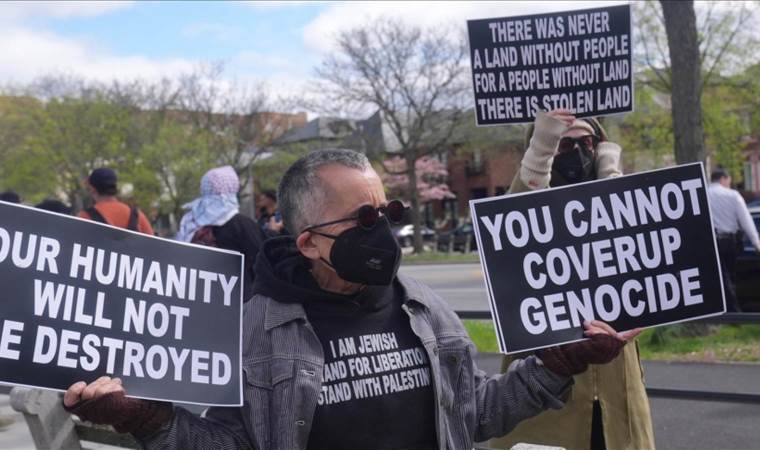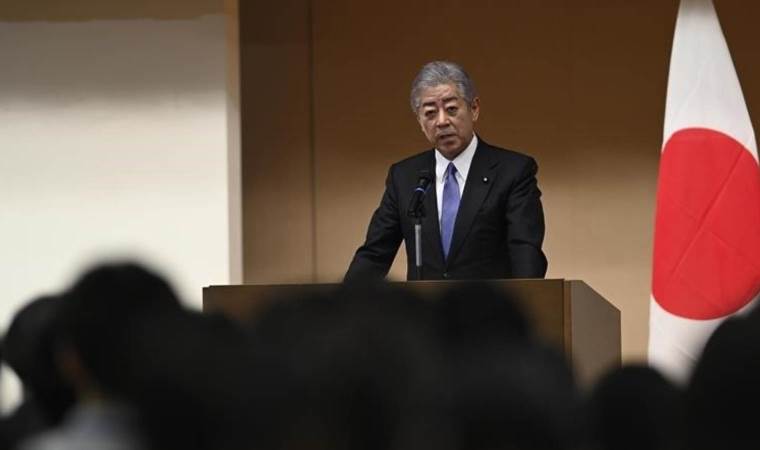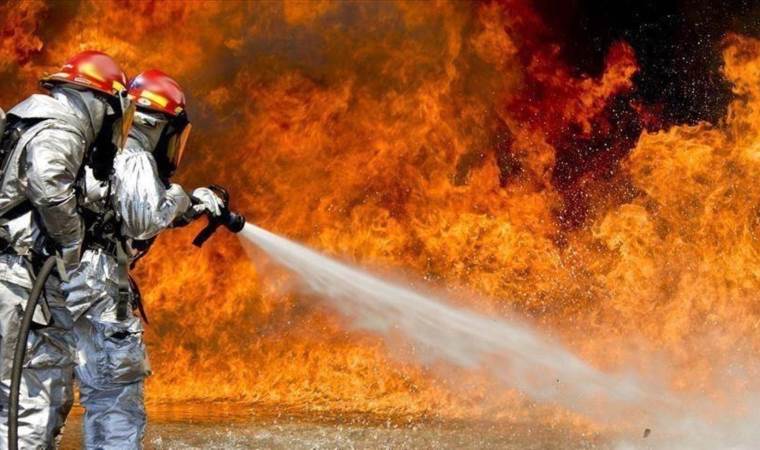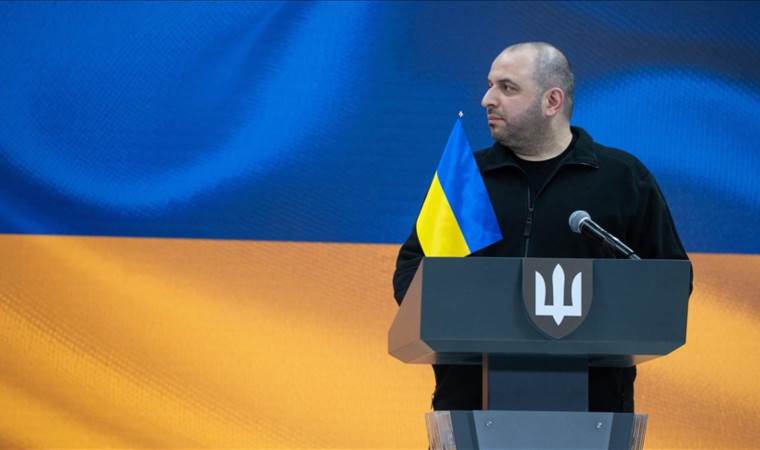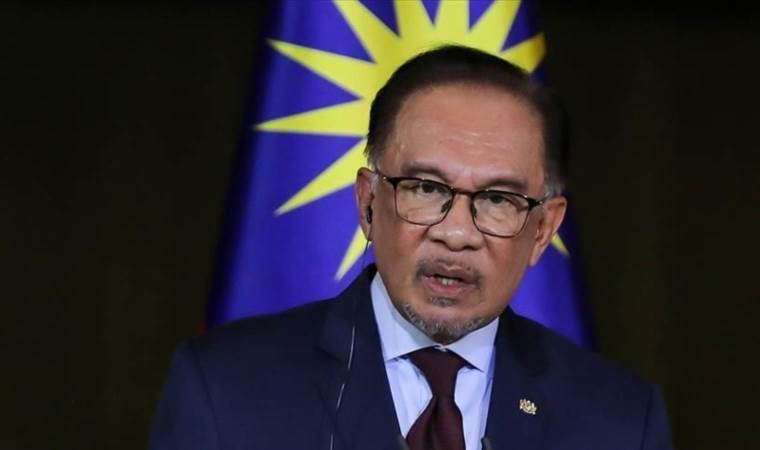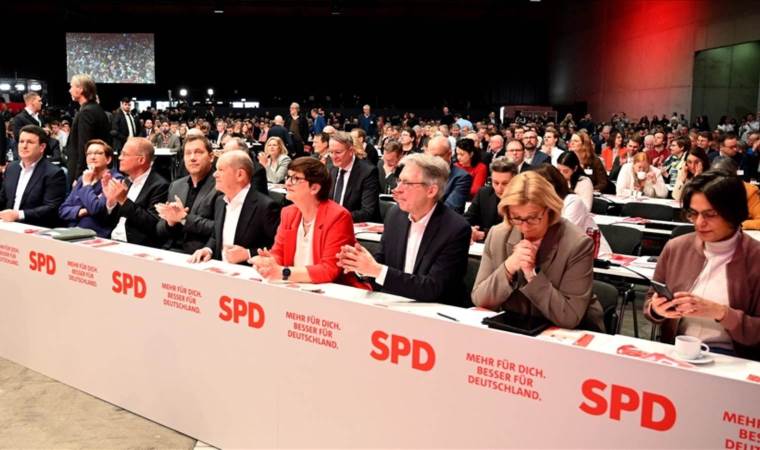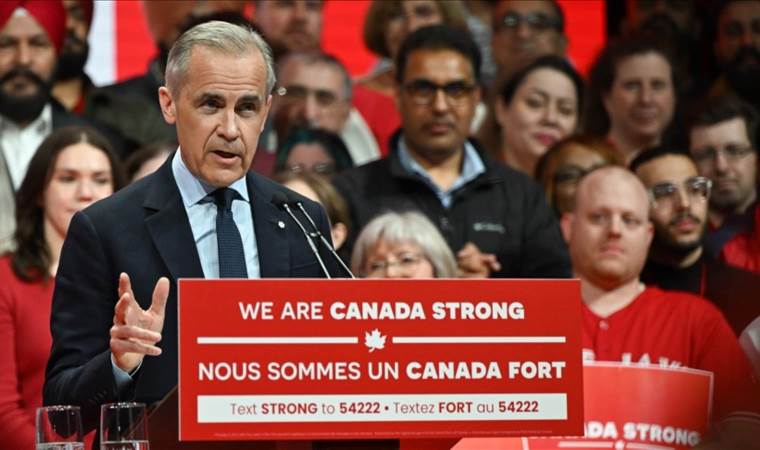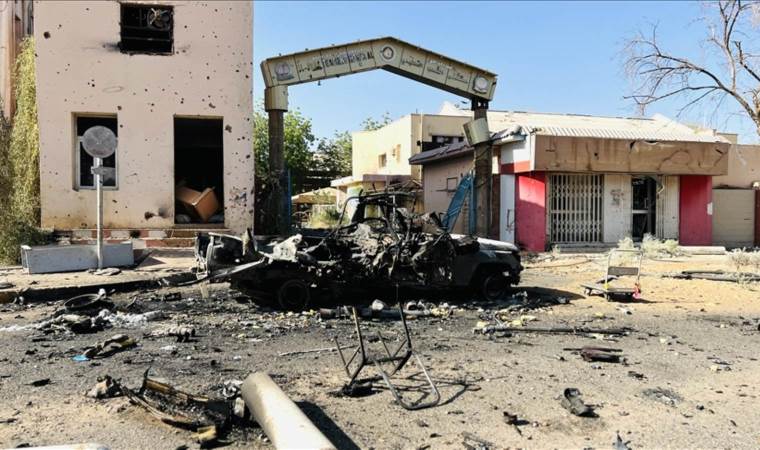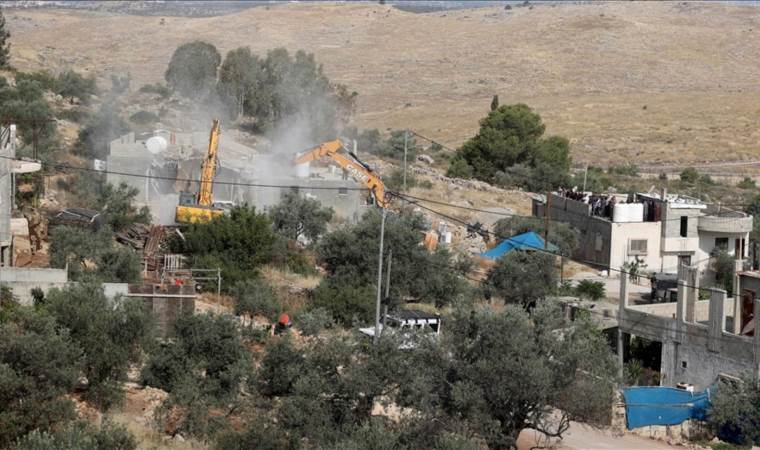The Turkish foreign minister expects that Iraq will acknowledge the PKK as a terrorist organization
'We must not allow PKK terrorist organization to poison our bilateral relations,' says Hakan Fidan
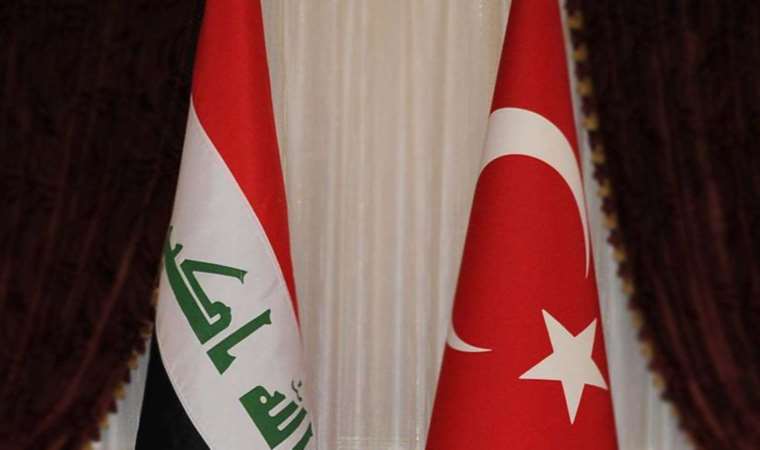
Turkish Foreign Minister Hakan Fidan, during a joint press conference with his Iraqi counterpart Fuad Hussein in Baghdad, expressed Turkey's expectation that Iraq would officially designate the PKK as a terrorist organization. Fidan emphasized the importance of maintaining strong bilateral relations and preventing the PKK, a common enemy of Turkey and Iraq, from harming these ties. He also stressed Turkey's commitment to Iraq's sovereignty, territorial integrity, and political unity.
Fidan highlighted that various Iraqi districts, including Sinjar, Makhmour, Qandil, Sulaymaniyah, have been occupied by the PKK, underscoring the urgent need to address this issue.
Additionally, Fidan reiterated that Turkey supports Iraq's efforts to combat the PKK and is willing to cooperate in combating all types of terrorist organizations, whether they are PKK or Daesh, regardless of their names. These groups, he noted, pose threats to Iraq's territorial integrity, political unity, and the well-being of the Iraqi people.
In its more than 35-year-long terror campaign against Turkey, the PKK, recognized as a terrorist organization by Turkey, the UK, US, and EU, has been responsible for the deaths of over 40,000 individuals, including women, children, and infants. The YPG is its Syrian branch.
Water issue in Iraq
Fidan stated that Turkey is closely monitoring Iraq's water problem and addressing it with a humanitarian perspective.
He emphasized that the region is currently facing one of the driest periods in recent years and called for the establishment of a cooperative and ongoing dialogue mechanism based on scientific principles concerning water-related issues.
Attacks on Quran
Fidan drew a parallel between the ongoing attacks against the Holy Quran and the book burnings that occurred prior to World War II, stating, "The process began with the burning of books and eventually led to concentration camps."
He emphasized the need for collective action within the Muslim world to combat this threat and added, "We must unite as the Muslim world against it."
Fidan highlighted that the Council of Foreign Ministers of the Organization of Islamic Cooperation (OIC) convened an extraordinary meeting in July, initiated by Fuad Hussein, which yielded significant results. "Thanks to our efforts within the OIC, the desecration of holy books has been officially recognized as a violation of international law and an expression of religious hatred by the UN."
In recent months, Islamophobic individuals and groups in Northern Europe have made repeated attempts to defile the Muslim holy book, sparking condemnation from Muslim nations and the global community.
'Our trade relations with Turkey have progressed,' says Fuad Hussein
The Iraqi foreign minister emphasized the significance of the Iraq-Turkey relationship, stating, "We prioritize the development of these relations through ongoing discussions with the Turkish government and ministries," underscoring their foundation in geographical, humanitarian, historical, and cultural commonalities.
He highlighted the rapid progress in commercial and economic ties between the two countries, saying, "Our trade relations with Turkey have advanced swiftly and continue to flourish."
The foreign minister stressed that Iraq's constitution prohibits any foreign armed group, including the PKK terrorist organization, from using Iraq as a base for launching attacks against neighboring countries.
Regarding Turkish President Recep Tayyip Erdogan's upcoming visit to Iraq, he expressed hope for the swift signing of joint agreements and memoranda of understanding to prepare for the visit.
Hussein pointed out that both nations are affected by the consequences of climate change, including its adverse effects on agriculture and the economy in Iraq. He emphasized the need for ongoing and collaborative cooperation on this issue.
Most Read News
-
 No Future Without Industry: A Call for Production-Orient
No Future Without Industry: A Call for Production-Orient
-
 Israel’s Ben-Gvir ends US visit amid pro-Palestine prote
Israel’s Ben-Gvir ends US visit amid pro-Palestine prote
-
 Japan seeks collaboration to advance nuclear disarmament
Japan seeks collaboration to advance nuclear disarmament
-
 Major fire erupts at electrical substation in West Londo
Major fire erupts at electrical substation in West Londo
-
 Ukraine appoints new deputy defense ministers amid ongoi
Ukraine appoints new deputy defense ministers amid ongoi
-
 Malaysia urges all parties in Myanmar to continue ceasef
Malaysia urges all parties in Myanmar to continue ceasef
-
 German Social Democrats conclude key vote on coalition d
German Social Democrats conclude key vote on coalition d
-
 Canada's Liberal Party wins federal elections by over 43
Canada's Liberal Party wins federal elections by over 43
-
 At least 41 civilians killed, scores injured in RSF shel
At least 41 civilians killed, scores injured in RSF shel
-
 Israeli army arrests 22 Palestinians, demolishes 4 homes
Israeli army arrests 22 Palestinians, demolishes 4 homes

